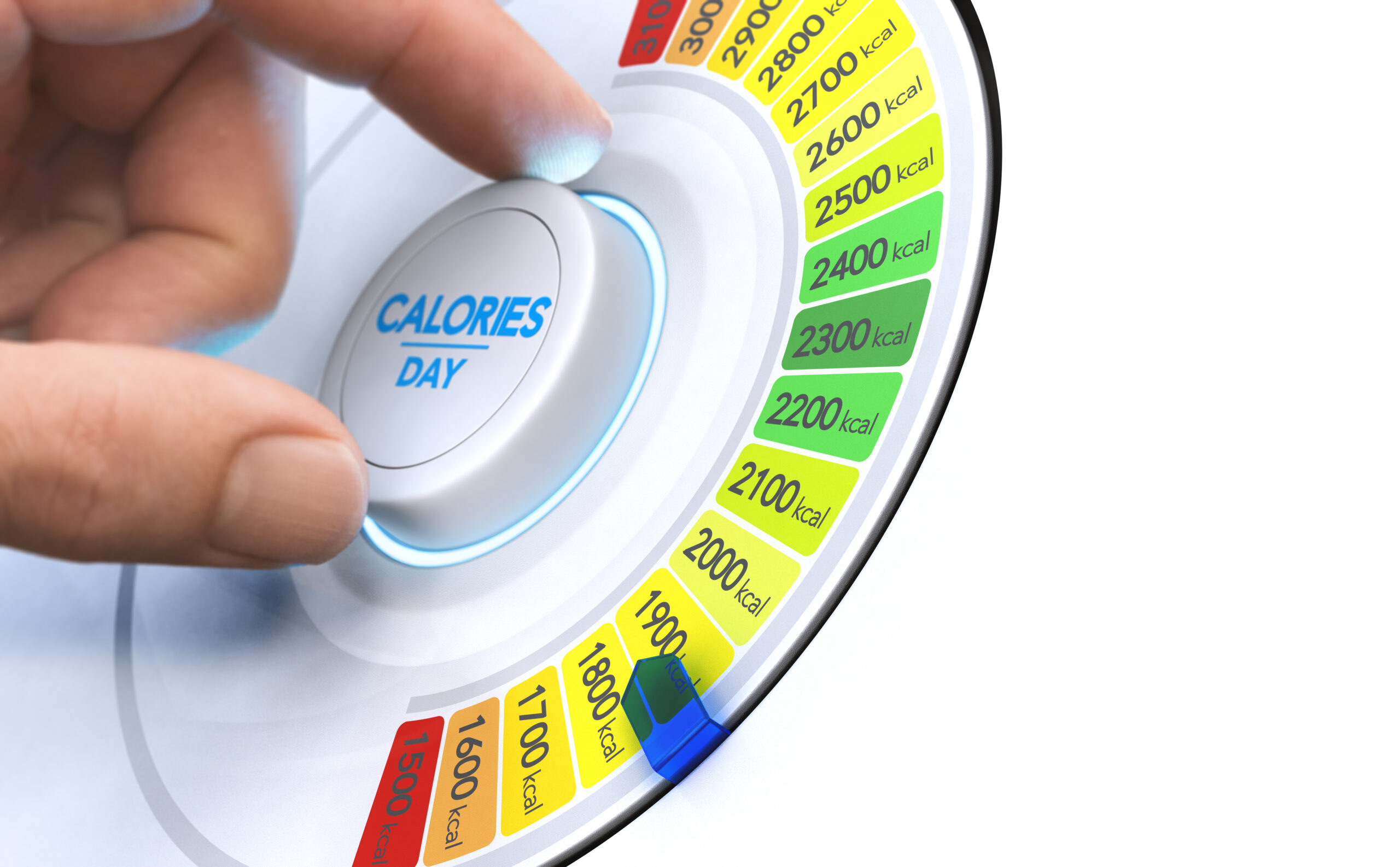The Appropriate Amount of Daily Calories to Consume
Calories are a measure of energy, specifically the energy that food provides our bodies. The appropriate amount of daily calories to consume varies greatly from one person to another. Factors influencing caloric needs include age, gender, weight, height, metabolism, physical activity level, and health goals (e.g., weight loss, maintenance, or gain). Here’s a breakdown of these factors to provide insight into the complexities of determining the appropriate caloric intake for an individual.
1. Basal Metabolic Rate (BMR): BMR is the number of calories required to maintain the body’s basic functions when at rest. This includes processes like breathing, circulation, and cellular production. It accounts for around 60-75% of daily caloric needs for most people. BMR is influenced by age, gender, weight, and muscle mass. Generally, individuals with more muscle mass have a higher BMR, meaning they burn more calories at rest.
2. Physical Activity Level (PAL): Physical activity contributes significantly to the total number of calories burned daily. Sedentary individuals might need fewer calories, whereas athletes or those engaged in heavy physical labor might require a much higher caloric intake. The Physical Activity Level is usually categorized as:
- Sedentary (little or no exercise)Lightly active (light exercise/sports 1-3 days/week)Moderately active (moderate exercise/sports 3-5 days/week)Very active (hard exercise/sports 6-7 days a week)Super active (very hard exercise/sports & a physical job or training twice a day)
3. Age and Gender: Generally, caloric needs decrease with age due to a decrease in muscle mass and metabolic rate. Additionally, men typically have a higher muscle mass and, therefore, a higher BMR compared to women. As a result, men usually require more calories than women of the same age and weight.
4. Health Goals: Your caloric intake will largely depend on your health and fitness objectives:
- Weight Loss: Consuming fewer calories than the body burns, known as a caloric deficit, is essential for weight loss. A common recommendation is to reduce daily caloric intake by 500 to 1,000 calories for a weight loss of 1 to 2 pounds per week.Maintenance: To maintain current weight, one needs to consume calories equivalent to the total number of calories burned in a day.Weight Gain: Those aiming to gain weight should consume more calories than the body burns, ensuring these calories come from nutritious sources.
5. Other Considerations: Pregnancy, breastfeeding, illnesses, and certain medications can affect metabolic rate and, consequently, caloric needs. For instance, pregnant and breastfeeding women generally require additional calories to support the growth and well-being of their child.
Determining Caloric Needs: To find out your ideal daily caloric intake:
- Calculate your BMR using a BMR calculator or formula.Multiply your BMR by the Physical Activity Level factor that best describes your lifestyle.Adjust the result based on your health goals, adding or subtracting calories as needed.
Conclusion: Understanding and determining the appropriate amount of daily calories to consume is an essential aspect of maintaining a healthy lifestyle. While there are generalized recommendations, it’s important to remember that individual needs vary. It’s always a good idea to consult with a registered dietitian or nutrition expert to get a tailored plan. Remember, it’s not just about the number of calories but also about the quality and nutritional value of the calories consumed.
